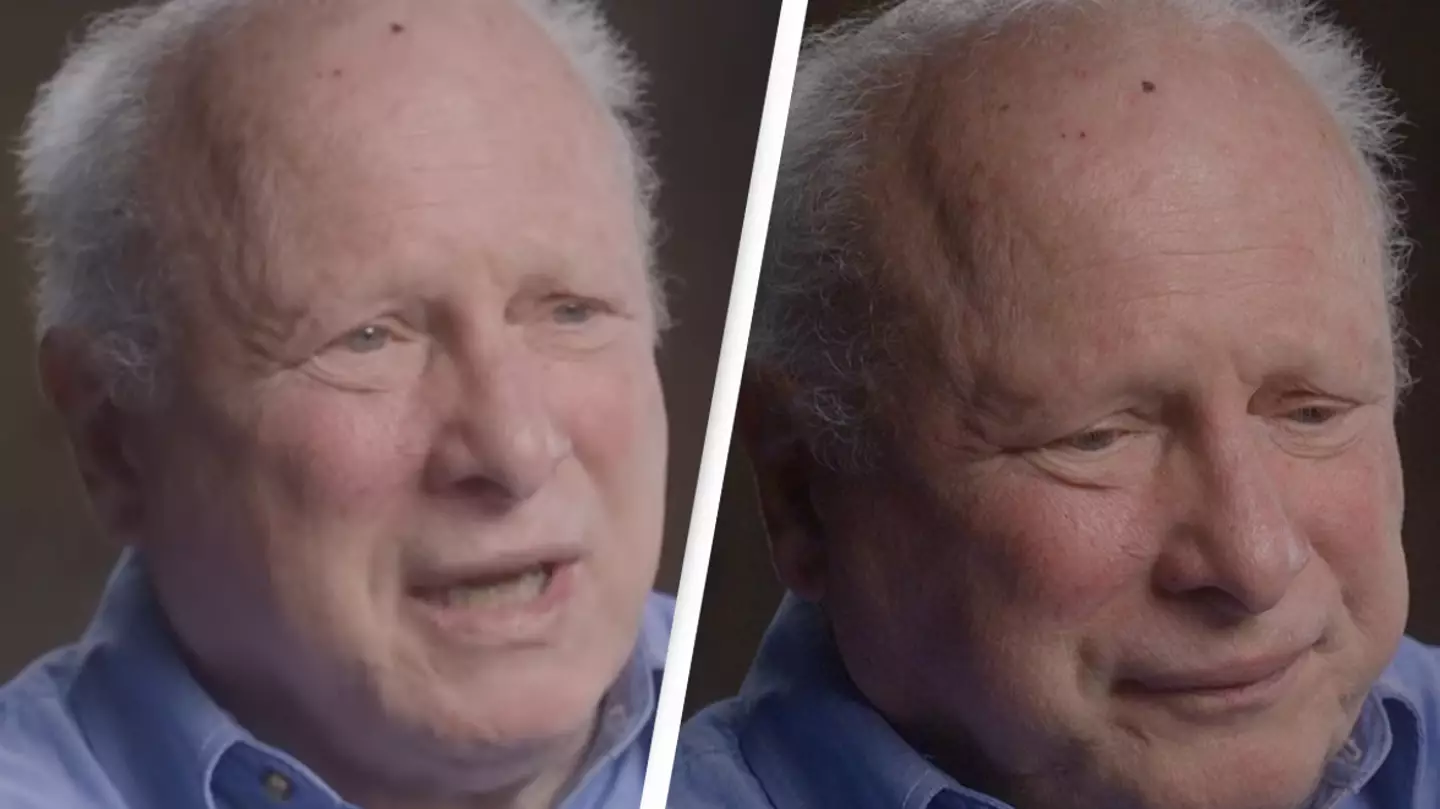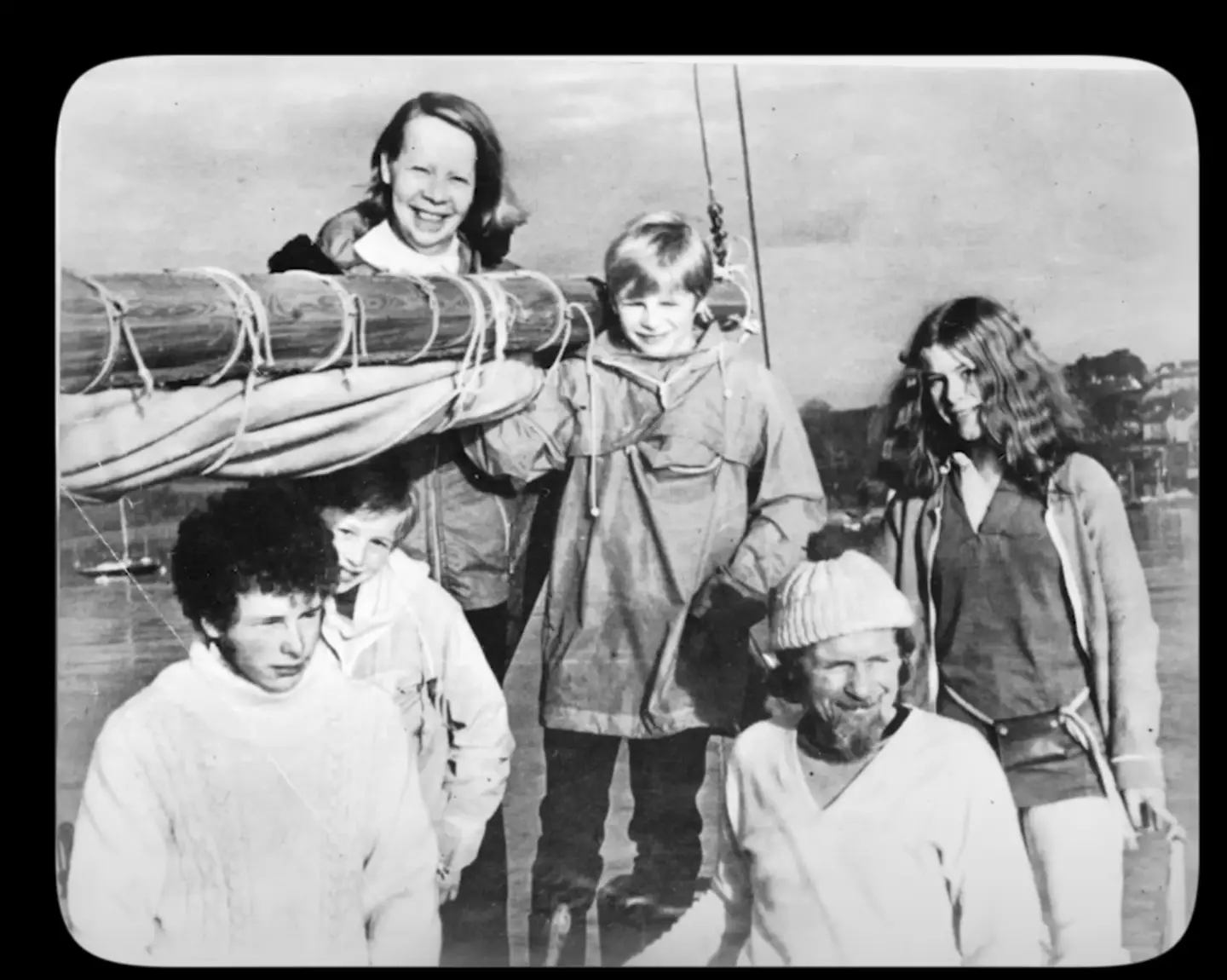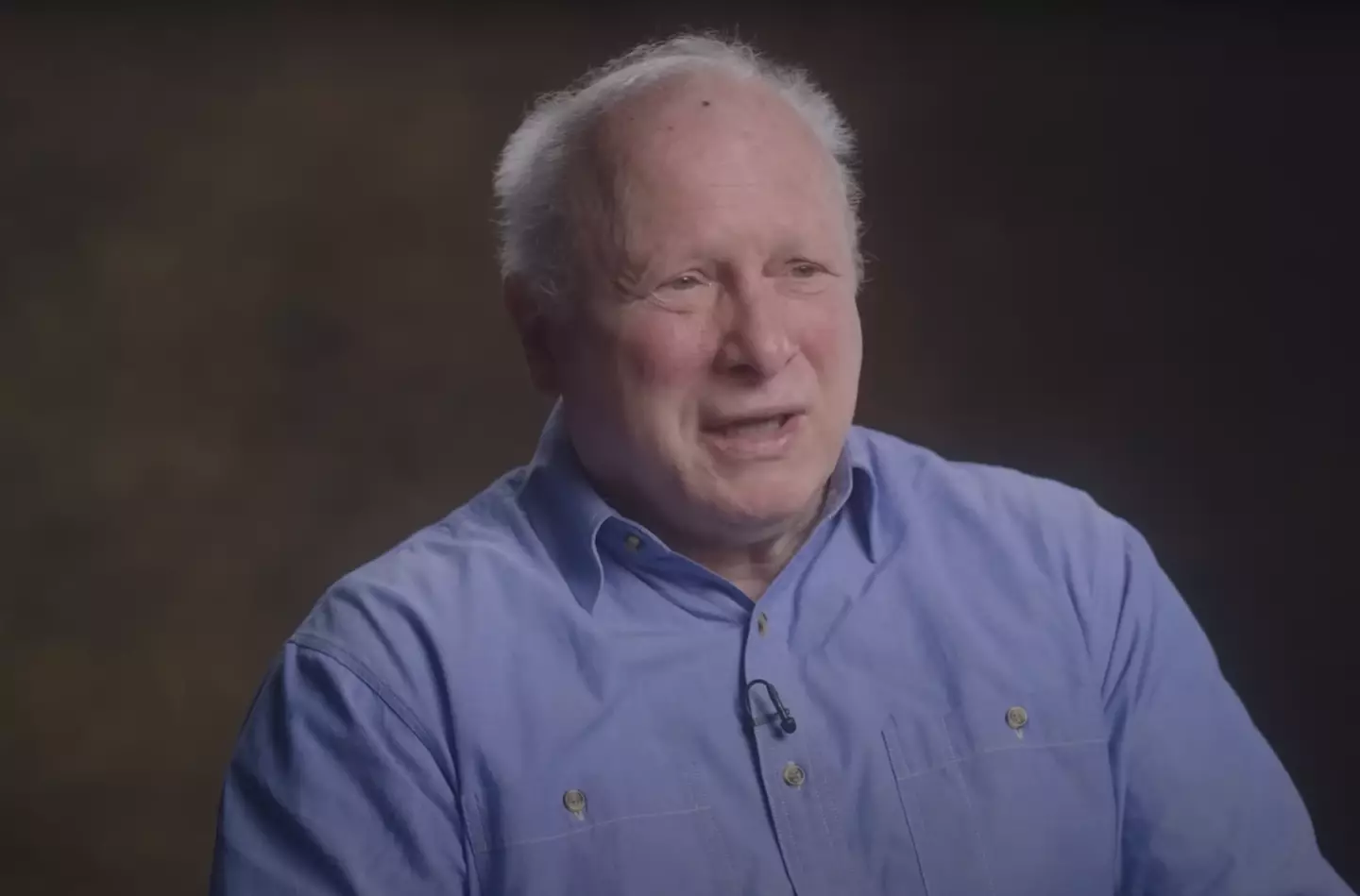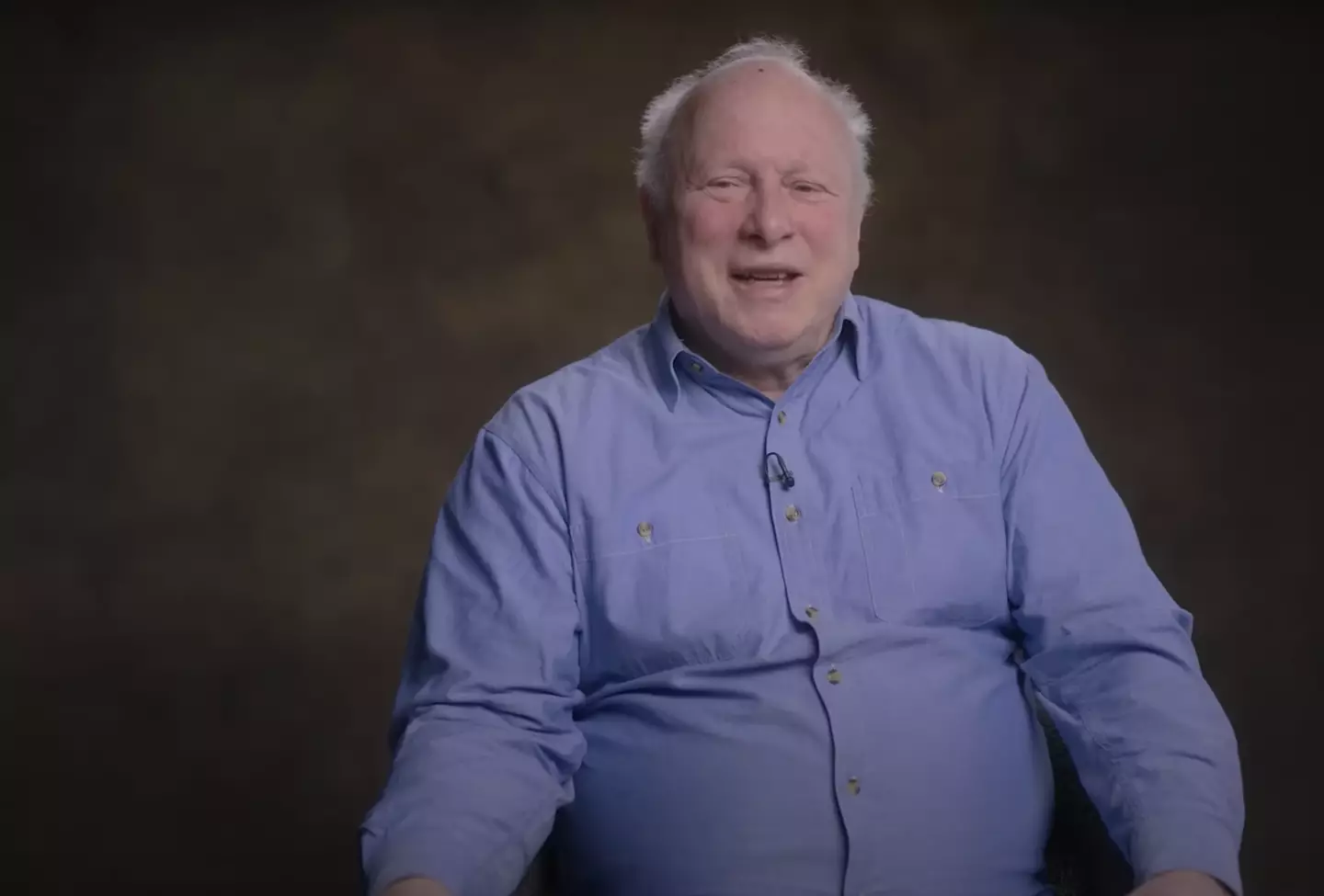
A family whose boat was sunk by killer whales in the Pacific Ocean has revealed how he drank turtle blood to survive.
Douglas Robertson, from Staffordshire, England, is from a family of farmers and his dad, Dougal, was a former sea captain while his mom was a nurse. Spurred by listening to his dad's stories of traveling the sea, the family decided to embark on their own journey in the summer of 1970.
But while travelling the world with his mum, dad, sister and twin brothers, the boat they were travelling in would be eventually shipwrecked after a killer whale attack.
Advert
Speaking to UNILAD, Robertson described the crash and the moment the boat went down: “Suddenly there was an ear-splintering crash, and the boat jolted three times, and there were three crashes, one after the other.”
But the terrifying situation seemingly got worse when Robertson spotted a total of three killer whales in the water.
“Bang, bang, bang! Like that and the boat jolted heavily,” he continued. “It was lifted out of the water. And she settled back into the water, and it felt like we’d gone aground at high speed and then there was a big noise behind me over on the left hand side, and three killer whales appeared, following us.
“Like, if you can get it in your mind, a big daddy one, a little baby one in-between, and a mommy one on the far side.

"And the big one, the big daddy one had his head split open and blood was pouring out into the sea. And we thought if that whale could mistake us for another whale for the purpose of mating, maybe the killer whales had attacked us for thinking we were also, also thinking that we were a whale for food purposes.”
Robertson responded by taking the sails down, with him remembering thinking: “My God, I’m not gonna wake up from this. This is really happening. I’ve got to get moving now.”
However, he managed to get the dingy over the side and the ‘heavy’ life raft over the other side.
“I managed to swim,” he explained. “I was very frightened that the whales were going to get us at that moment because they were still around. I kept feeling for my legs to see if I still had them.

“I swam round to the raft entrance and climbed in and everybody was sitting there in yellow, very yellow, looking from the canopy overhead and we were all in shock about what had just happened.”
Robertson and his family were then faced with a stomach-churning dilemma.
“We knew we could survive without food, perhaps for quite some time, but we couldn’t survive without water. So we made a plan to sail to the center of the Pacific Ocean to try and stay in the doldrums were we could get a supply of water, and then sail east towards the Americas and that somehow we might get picked up along that route.
Doldrums are a part of the ocean near the equator known for its calm waters.
Robertson said his dad was ‘quite astonished at how brutal I’d become’, with him remembering reading ‘somewhere’ that turtle blood was drinkable and suggested it as an idea.

“We should catch one of these and drink its blood," he told his family at the time.
Robertson saw a turtle and ‘wrapped it up’ in the lifeline attached to the raft before towing the animal round the dinghy and it was ‘hauled’ on board. The turtle’s throat was cut and they drank his blood.
“We cut his shell open and she was full of red meat, like steak and eggs, full of eggs. And we realised there’s a food source there that we could probably live off and all we needed was more turtles.
Robertson said it was the ‘first time’ they realised they ‘stood a chance of surviving’.
And as you're probably aware by now, he lived to tell the tale...
Topics: Life, World News, Animals
